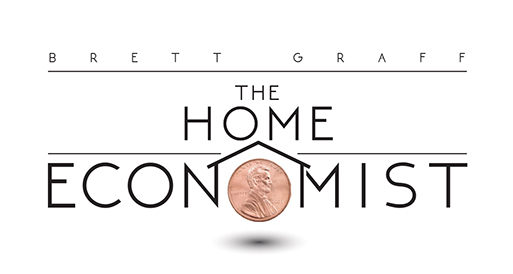If your cell phone bill seems higher than expected you might be tempted to scream at the nearest teen for texting too much but hold-it-right-there: the culprit could be even sneakier. Fake companies are frequently cramming unauthorized charges on to our cell phone bills, says the Federal Trade Commission.
It’s no wonder: phone carriers allow third-parties to place charges on your bill, says the FTC. And frequently, scammers slide on there small amounts that add up over time for everyone. (Just think: $6.99 a month from 1000 people reaps a con-artist $6999 a month and $83,000 a year.) They work their way in there when we do things like enter to win contests or call to claim free prizes.
So here’s how to stop them: read your bill. It sounds obvious but most of us can’t bear to see the damage we’ve done and practically close our eyes as we write the check and try to move on. Really, the FTC says we should be looking for:
1) Web servies – such as hosting – you never ordered
2) International calls
3) Entertainment services with a 900 area code
4) Collect calls
5) Club memberships
6) Any charge that says “miscllaneous.”
7) Strange area codes such as 011 or 500
8) Generic sounding serivces such as activation fee, voice mail, min fee, and third-party charge.
Remember, your phone company should be able to tell you about the charge, says the FTC and your bill should tell you how to dispute errors. If you suspect you’ve been what the FTC calls, “crammed,” you should file a complaint with the government right here.








Leave A Comment